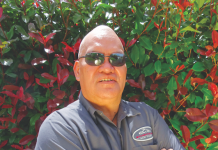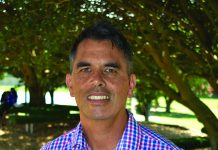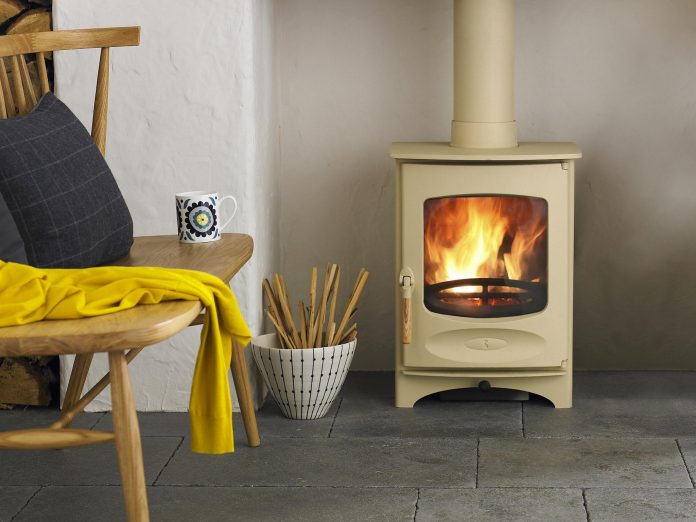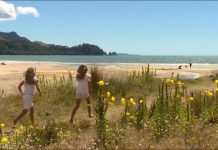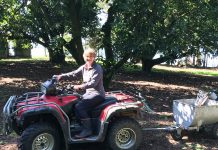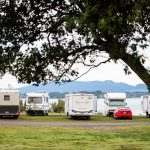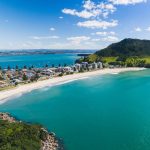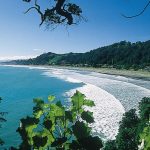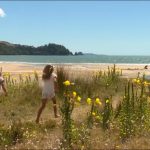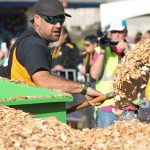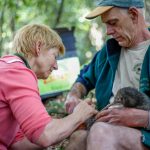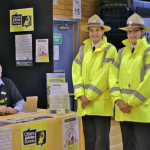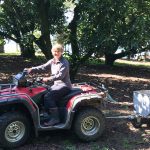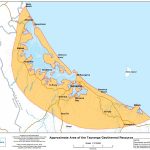Next winter is the last winter Rotorua residents will have to use their old wood burners before regulations are enforced.
Old wood burners, multi-fuel burners and coal burners installed before September 2005 will become illegal to use in the Rotorua Airshed from 2020.
Old wood burners emit smoky particles into the air causing air pollution across the city and contribute to people’s health problems like respiratory issues and asthma.
Although air quality is improving residents with old wood or coal burners still need to upgrade them to allow Rotorua to meet the National Environment Standards for Air Quality.
Conscious of community health
Bay of Plenty Regional Council Councillor Lyall Thurston said every old fire replaced with newer technology made a difference to the health of Rotorua residents, especially those who suffer from respiratory illnesses.
“It is vital for residents living in the Rotorua Airshed to understand the implications of having old wood burners in their homes.
“They spit out smoke particles into the air and contribute to people’s health issues.
“Our most vulnerable are being affected by these old fires and everybody in the community has to do their part if we are going to fix this issue.”
Toi Te Ora Medical Officer of Health Dr Phil Shoemack said smoke from household fires has had a major effect on the health of people in Rotorua.
“Smoke affects how our lungs work and is a particular concern for young children, the elderly and people with underlying lung conditions like chronic bronchitis and asthma.
“Every household that converts to a clean source of heating contributes to improving air quality across Rotorua and to the health of everyone in our community.”
Cost-saving options
Dr Shoemack said it was cheaper to heat an insulated home with a heat pump than buying firewood.
Freestanding LPG heaters were cheap to buy but they were expensive to run and had the added problem that they produce highly dangerous levels of carbon monoxide, he said.
They also add a significant amount of water vapour into the room which can result in dampness and mould.
Dr Shoemack said cold damp homes led to poor health and there were solutions to warm them up with the Regional Council’s low-income heating grant scheme.
The Bay of Plenty Regional Council has two schemes set up to help residents replace heating in their homes.

The Hot Swap Scheme
You can use the Hot Swap Scheme to warm up your house with replacement heating and/or insulation.
To improve Rotorua’s air quality old wood burners can be “swapped” for heat pumps, infrared heaters, gas and pellet fires, low and ultra-low emission wood burners.
Appliance supply and installation cost goes onto the property rates and can be paid back over ten years. Some loans are interest-free and some are interest-bearing.
The Low Income Heating Grant
The Low-Income Heating Grant assists homeowners who have limited means to upgrade an old fire to cleaner technology for free with either a heat pump or an ultra-low emission burner.
If you own a property in the Rotorua Airshed you may qualify for the Low Income Heating Grant if you meet the following eligibility criteria:
• The property is located in the Rotorua Airshed (see map to the right)
• You are the legal property owner(s) and you live (permanently) in the property. Holiday homes, rental properties, Estates and Trusts are excluded
• The occupants must have a combined annual household income of $50,000 (gross) or less
• There must be a non-compliant wood, multi-fuel or coal burner in the property
• The solid fuel burner must be in safe, working condition (operable)
• The solid fuel burner should be the property’s only form of heating
• Agree to remove any other non-compliant appliances that burn wood or coal i.e. chip heaters
To find out more about the schemes please call the Bay of Plenty Regional Council between 8:30 am to 5 pm, Monday to Friday on 0800 884 880.
For further media information, please contact Ruth.Keber@boprc.govt.














